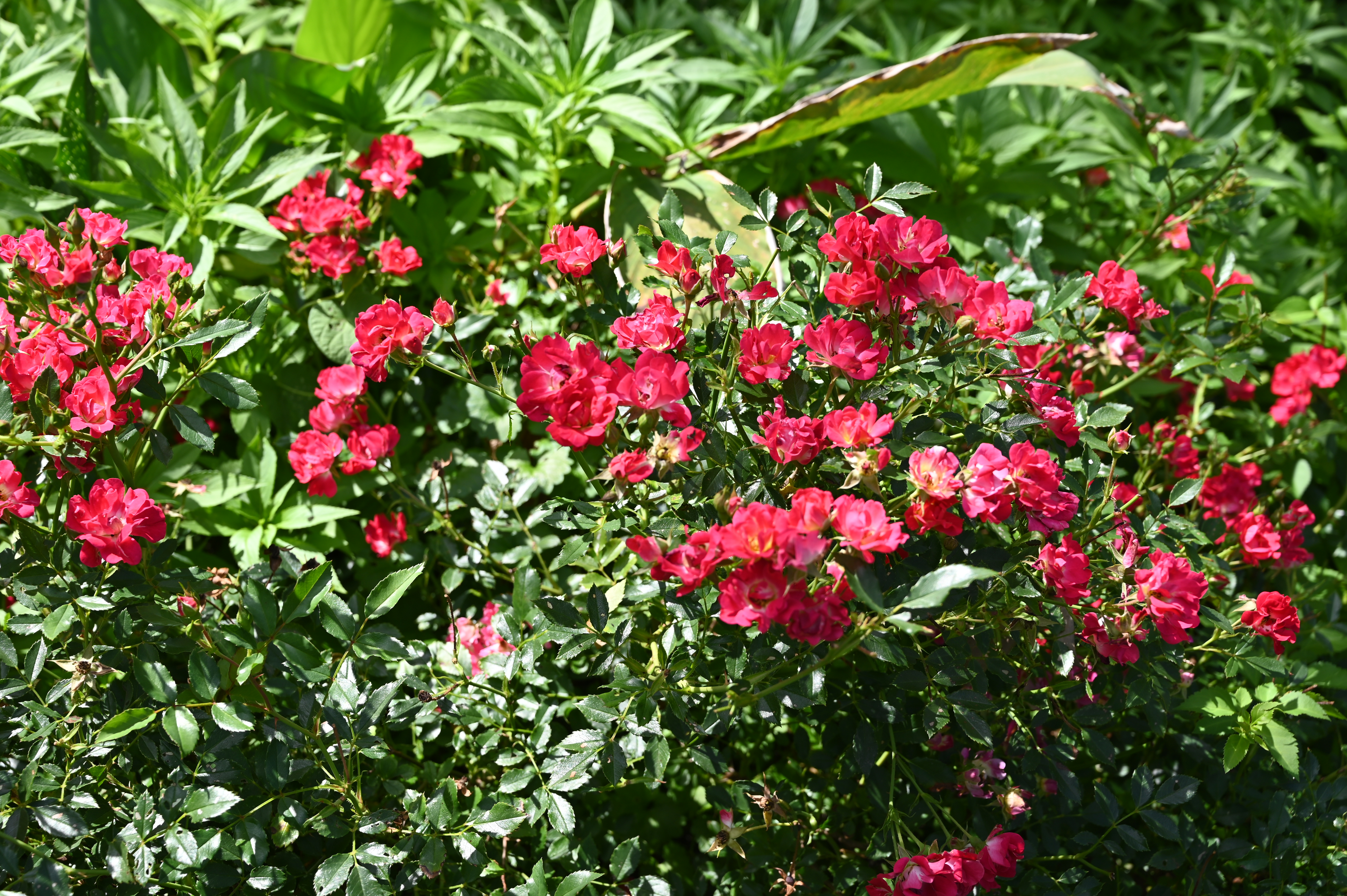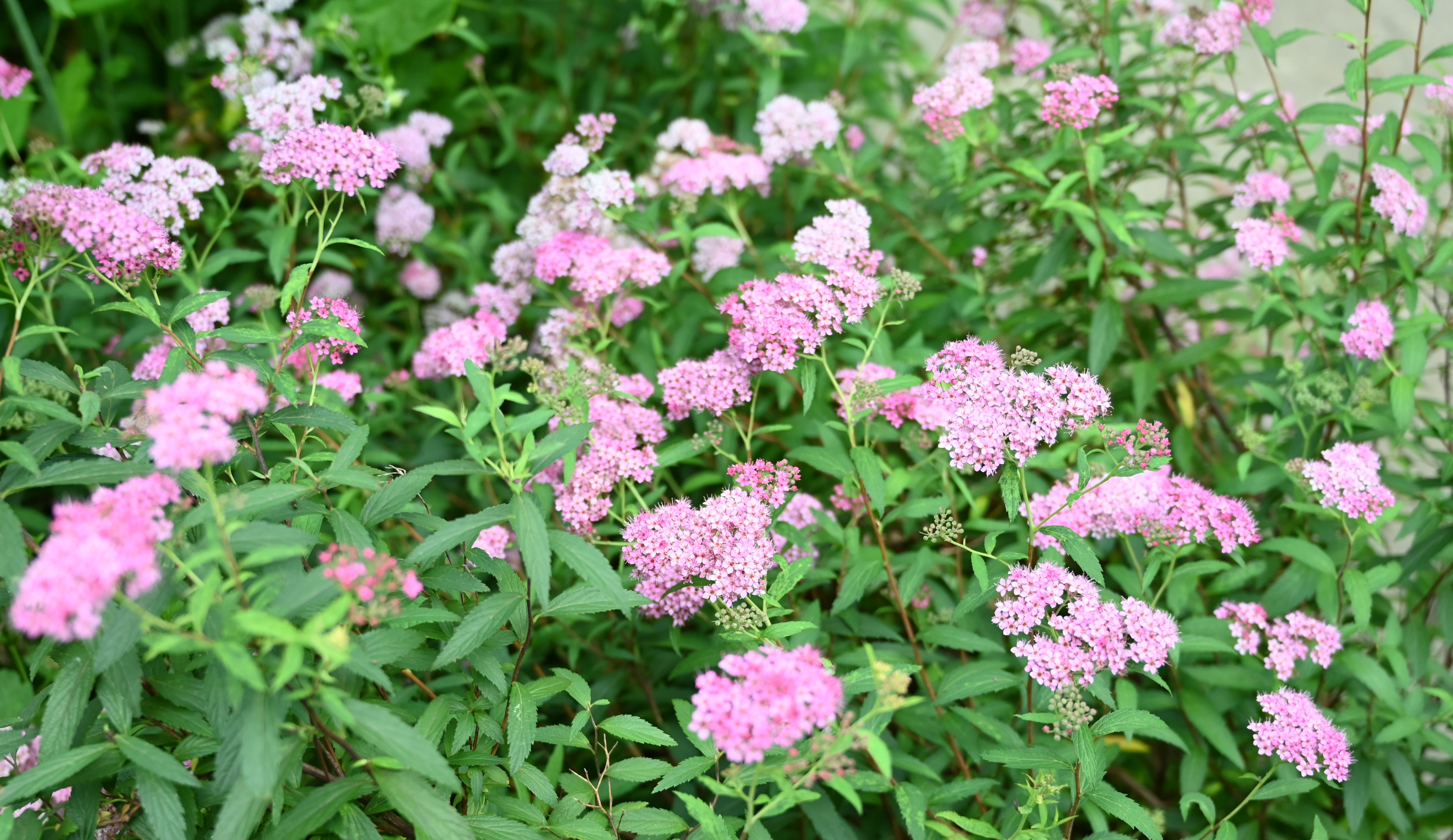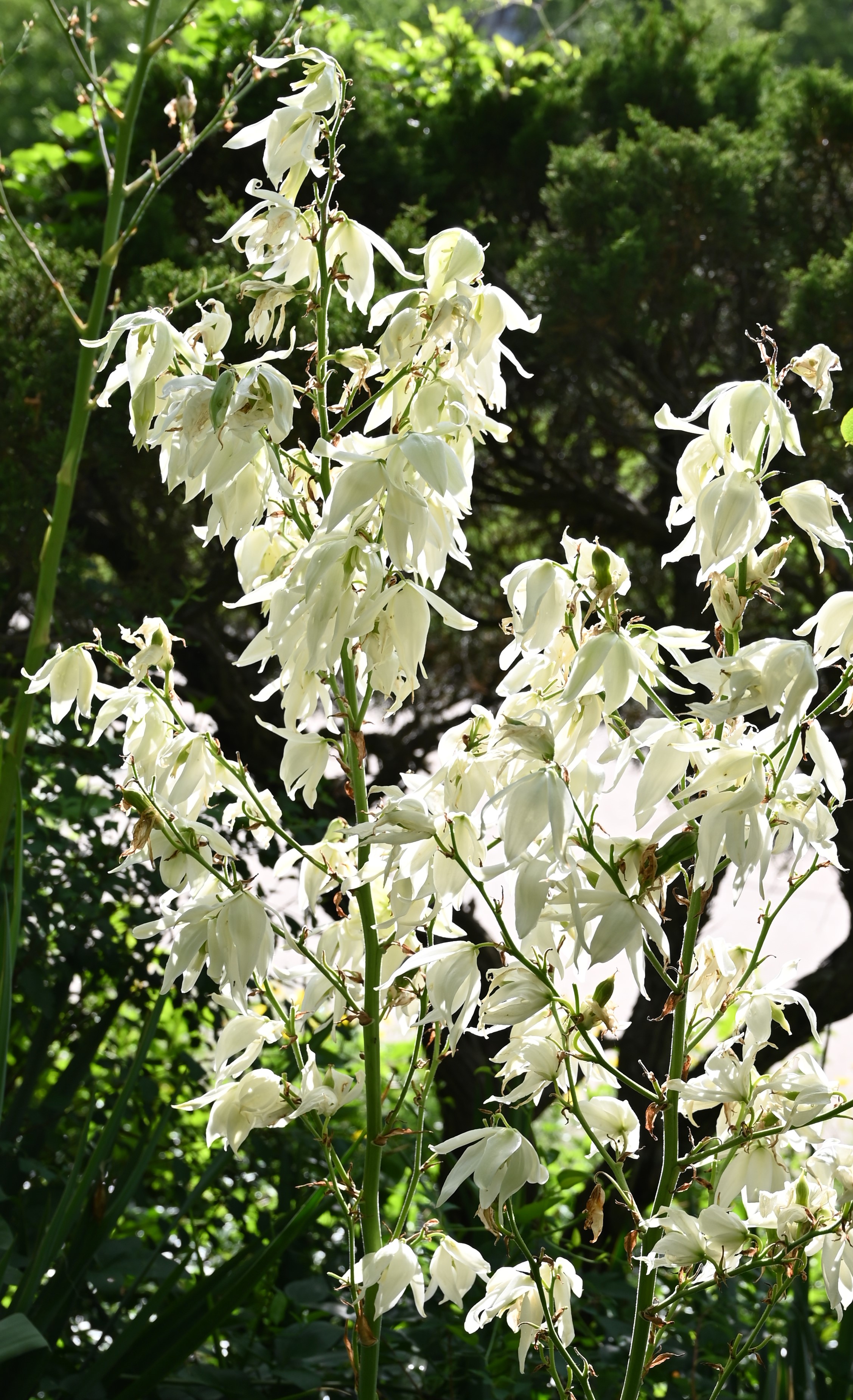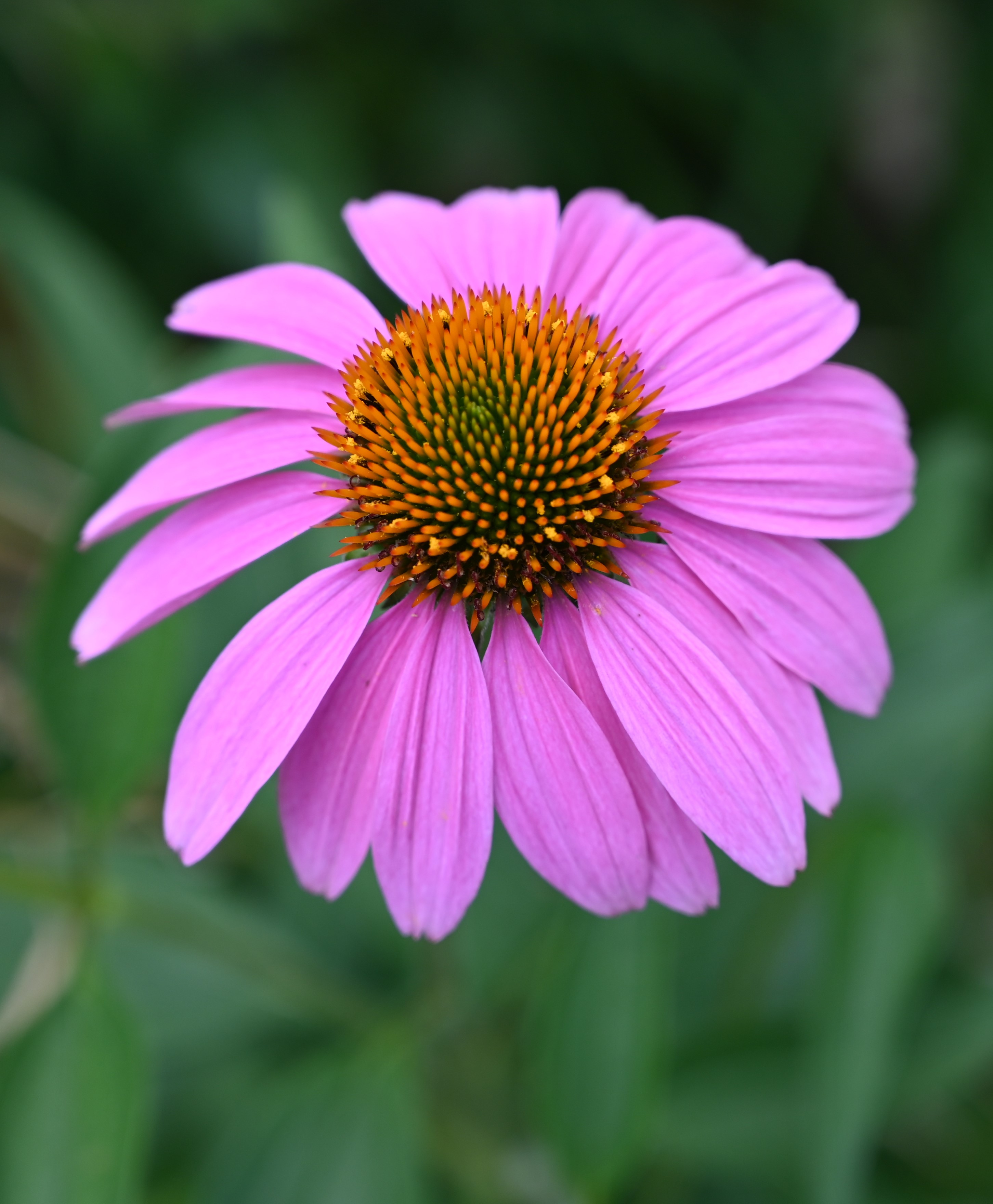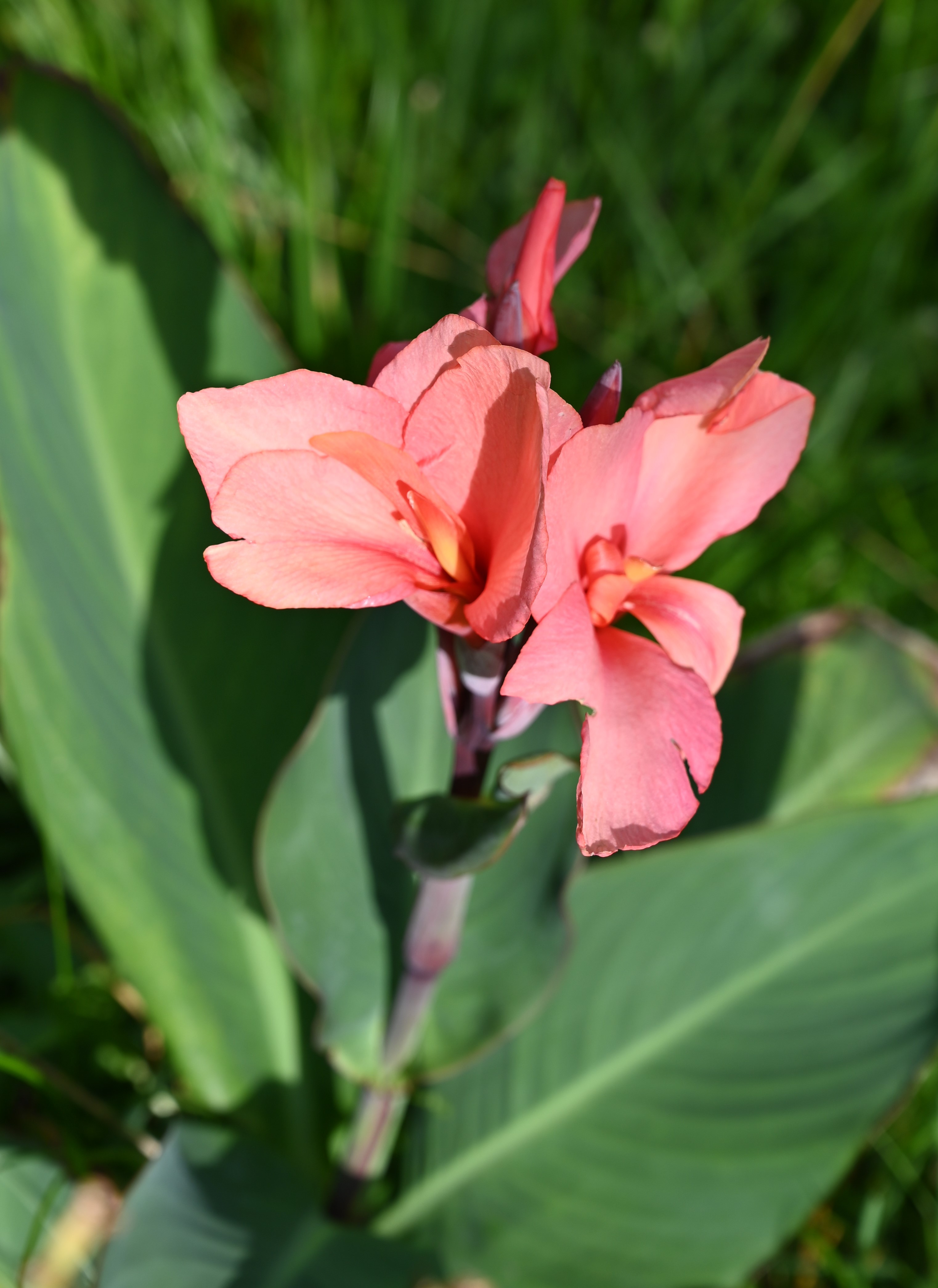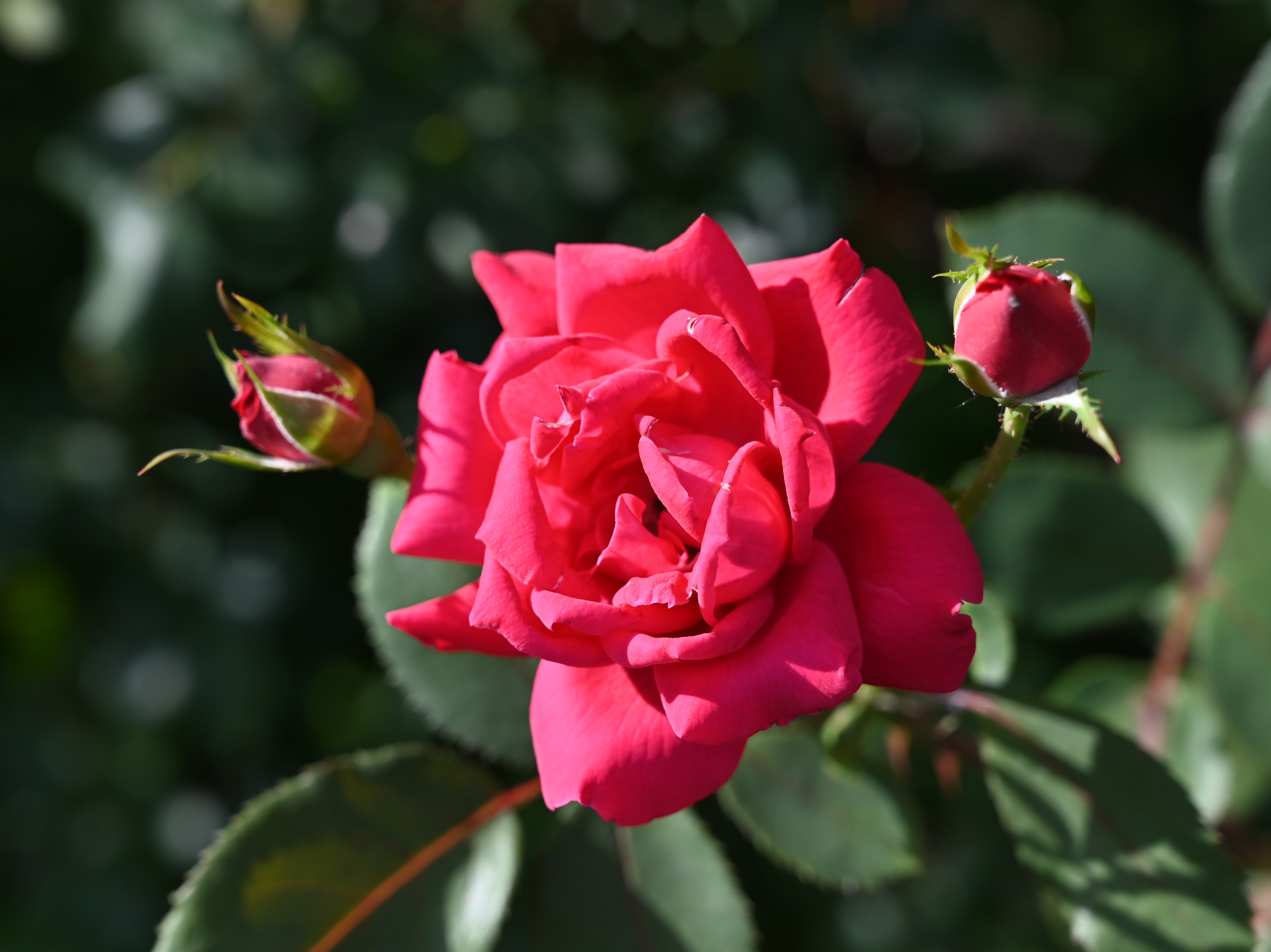All living beings want peace, because we have wars, worries, worlds, and wrongs. When we talk about peace, we usually think of the world without wars. We are not in peace even without war, because of our worries, world problems, and eventually wrong karmas (actions, habits, heredities).
Peace, therefore, can mean no war, no worries, no world problems, and no wrong karmas. We have our own karma and shared karma with others in the societies, and ecological systems. Peace requires cultivation of our own karma and the culture of the shared world with others with good karma.
We must cultivate our bad karma, fundamentally the Triple Poisons of desire, divisiveness, and delusion, to good karma by the Triple Learning of morality, concentration, and prognosis. We must make our world holy (wholly wholesome) with holy culture of holy truth, goodness, and beauty.
Concretely we can sit still, still karma, see the Dharma (Norm/Law) of all dharmas (form/phenomena), serve, and save all. Systemically we must shift from the artificial pyramidal system with the Five Calamities to the natural life Indra-net system with the Five Blisses with ourselves and others.
Nirvana, unconditioned peace, is unprecedentedly realized by the Buddha, and unavoidable for the understanding our problems and uprooting of them. The Five Blisses of the self and others by the Triple Learning are interconnected and inseparable. These are difficult to achieve, but possible and inevitable for peace.
June 19, 2021 C.E. Dharma note
Note 1. Karma (root kṛ, create, do) means action, habit, heredity of one’s own, socially shared, and evolutionally functioning throughout the biological, ecological systems. Karma are physical, verbal, mental, old and new. The Buddha said that all living beings are karma-heirs, -owners, -machines, -refuged. Living beings inherit their parents’ karma, thus own their and our newly created karma, often become like automaton machines (by personal, social, ecological heredity, habit, hormone, nerve, etc.).
- Religion is reunion (religare, Latin) with the holy (wholly wholesome, all in harmony, health, and happiness). Holy culture is made by holy truth, goodness, and beauty by holy cultivation of each and every one. Cf. Religion defined by Rudolph Otto: “Religion is that which grows out of, and gives expression to, experience of the holy in its various aspects.”
http://web.pdx.edu/~tothm/religion/Definitions.htm
- Cultivation (bhāvanā is causative of bhava, becoming, so intentional action from natural/instinctive becoming) is cultivating our physical and psychological abilities like cultivating land to grow vegetables or other purposes. Cultivation makes culture with values of truth, goodness, beauty, and holiness (sciences, moralities, ethics, arts, and religions).
- The Dharma of all dharmas is Dependent Co-origination, that is, all phenomena are interdependently co-originating upon causes and conditions, thus all phenomena are with the three marks/characteristics of impermanent, suffering (du-kkha: going against grain, wishes), and no (self-same, self-sovereign) self. This is well-illustrated by the Indra-net, whose crystal ball on each knot reflects each other limitlessly.
- The fundamental problems of karma are the Triple Poisons of delusion (of self-same, self-sovereign self-entity, selfishness), divisiveness, and desire. The basic cultivation of bad karma to good karma is The Triple Learnings of morality (sīla, established character), concentration (samādhi, ), and prognosis (prajñā)
- The Five Calamities are delusion, bondage, discrimination, exploitation, and extermination. The Five Blisses are awakening, freedom, equality, compassion, and peace.
- The paradigm shift is from the artificial uni-directional civilization (urbanization), fighting for money, matter, and might with the Five Calamities to the natural cyclical life Indra-net culture, sharing life, heart, and harmony with the Five Blisses. Cf. Paradigm Shift:
すべての生き物は平和を願います、何故なら私たちは戦争、心配、世界、過ちを持っているから。私たちが平和を語る時、通常戦争のない世界を考えます。たとえ戦争がなくても私たちの心配、世界の諸問題、結局誤った業(行動、習慣、遺伝)の為に私たちは平和ではありません。
平和は、それ故、戦争のないこと、心配のないこと、世界の諸問題のないこと、誤った業のないことを意味し得ます。私たちは自分自身と社会や生態系において他者との共有の業を持っています。平和は私たち自身の業の修養と他者との善業の共有の文化を必要とします。
私たちは自らの悪業、根本的には貪瞋痴の三業、を戒定慧の三学によって善業へと修養によって変えなければなりません。私たちは聖(全体健全)なる真善美で私たちの世界を聖なるものにしなければなりません。
具体的には私たちは静かに坐り、業を静め、諸法(形態・現象)の法(規律・法律)を見、一切に奉仕して救うことができます。組織的には私たちは人工的な五禍の金字塔組織を自然な五福の命帝網組織に自らと他者と共に転換しなければなりません。
涅槃、条件付けのない平和、は仏陀により実現されましたが、それは未曾有のことであり、私たちの諸問題を理解してそれらを根絶する為には不可欠なものです。三学による自分と他者の五福は相互に関係していて分離することはできません。これらは達成するのは困難ですが、平和の為には可能であり必然のものです。
2021共通年6月19日 法記
註1.業(karma, 語根はkṛ:成す、為す)は自分自身と社会的に共有される行動、習慣、遺伝、生物学的、生態的組織を通じての新化する機能を意味します。業は身口意(三業)であり新旧(二業)より成ります。仏陀は一切の生物は業‐相続者、‐所有者、‐機械、‐依処者であると言いました。生物はその親の業を相続し、彼らの業と自らが新しく作った業を所有し、しばしば(個人的・社会的・生態的遺伝、習慣、ホルモン、神経などにより)自動機械の様になります。然しながら、私たちは善業を選び、悪業を避け、自らの心を清めることができます(参考:七佛通誡偈:諸悪莫作、諸善奉行、自浄其意、是諸仏教。Sabba pāpassa akaraṇaṃ. Kusalassa upasampadā. Sacitta pariyodapanaṃ. Etaṃ buddhāna sāsanaṃ.)。
2.宗教(religion)は聖(全体健全、一切が調和、健康、幸福)との帰一(ラテン語religare:再結合に由来)。聖なる文化は各人皆の聖なる修養による聖なる真善美により作られます。参考:ルードルフ・オットー「宗教とは聖なるものの諸様相から成長し、表現を与え、経験することです。」
http://web.pdx.edu/~tothm/religion/Definitions.htm
3.修養(修行・修習bhāvanā はbhava:自然生成の使役形で意図的に成らせる、為すこと)は作物や他の目的の為に土地を「耕す」ように身体的・心理的能力を耕し改良することです。
4.諸法の法とは縁起(因縁生起の略)、即ち、一切の現象は相互に依存し合いながら因縁(直接原因と間接条件)により共に発生すること(例:主観・客観・意識など)、それにより、一切現象は無常、苦(du-kkha:悪‐行く、思い通りにならないこと)、無我(自己同一、自己主宰の自己は無い)の三相(現象の三様相)を持つということ。これは各結び目の水晶が無限に反映し合う帝釈網によく例示されています。
5.業の根本問題は貪瞋痴(自己同一、自己主宰の自己実体、自己中心)の三毒です。悪業から善業への基礎的修養・修行は戒(sīla, 確立された性格・人格), 定 (samādhi, 三昧), 慧 (prajñā, paññā, 般若)の三学です。
6.五禍は錯誤、束縛、差別・搾取・殺戮です。五福は覚醒、自由、平等、慈悲、平和です。
7.枠組み転換は五禍を伴う金・物・力の奪い合い人工的一方向の文明(都市化)から五福を伴う命・心・和を分かち合う自然的で循環的な命帝網文化への転換です。参考:

